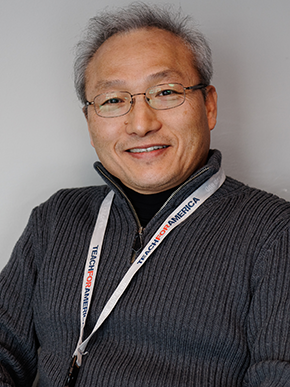We welcomes author submission of papers concerning any branch of Computer Networks and their applications in business, industry and other subjects. The subjects covered by the journal include wireless networks, adaptive applications, network management, network reliability and security, network traffic characterization, high-speed access networks, home and SOHO networks, congestion & flow control, cross-layer optimization, location-dependent services, and their applications.
Submission Instructions
When submitting papers for potential publication in the JACN, please submit an original editable file in one of the (.doc, .pdf) style files. All figures, images, tables, etc., should be embedded into the original file. Detailed instructions on preparing papers for submission can be found in the
Template Paper. Further information on the scope of the JACN is also available upon enquiry of prospective authors. Authors accept the terms of Honor Code and Plagiarism Statement for Paper Submission, and that the paper is original research contribution with the references properly cited in the manuscript.
Please read our ethical publication statement: Publication Ethics and Publication Malpractice StatementLicense and Copyright
JACN publishes the authors' articles under a Creative Commons Attribution License CC BY 4.0, which means all papers can be downloaded, shared, and reused without restriction, as long as the original authors are properly cited. These conditions allow for maximum use and exposure of the work, while ensuring that the authors receive proper credit.
This license permits:
• Free downloading and unlimited distribution
• Adaptation and building upon the work
• Commercial and non-commercial reuse
• Translation and format changes
The only requirement is proper attribution to the original authors
About Paper Review
All published journal papers are refereed by the international competent researchers and scientists. Therefore, a full double - blind international refereeing process is used in which:
• Papers are sent to reviewers for their peer review process.
• The reviewers' recommendations determine whether a paper will be accepted / accepted subject to change / subject to resubmission with significant changes / rejected.
For papers which require changes, the same reviewers will be used to ensure that the quality of the revised paper is acceptable.
All papers are refereed, and the Editor-in-Chief reserves the right to refuse any typescript, whether on invitation or otherwise, and to make suggestions and/or modifications before publication.


